Eating local has many benefits! You know where your food comes from, the people that help with the produce and so much more. Unfortunately, we all don't have the resources to eat local. Gustavus provides an opportunity for you to have an all hands experience with it, Big Hill Farms. Big Hill Farms is and amazing experience for students to get involved in something that they may never do again! Read the rest to find out how!
Big Hill Farm Grows Produce and Leaders
After a decade of growth, opportunities on the student-run farm continue to blossom.
Posted on September 11th, 2018 by JJ Akin '11
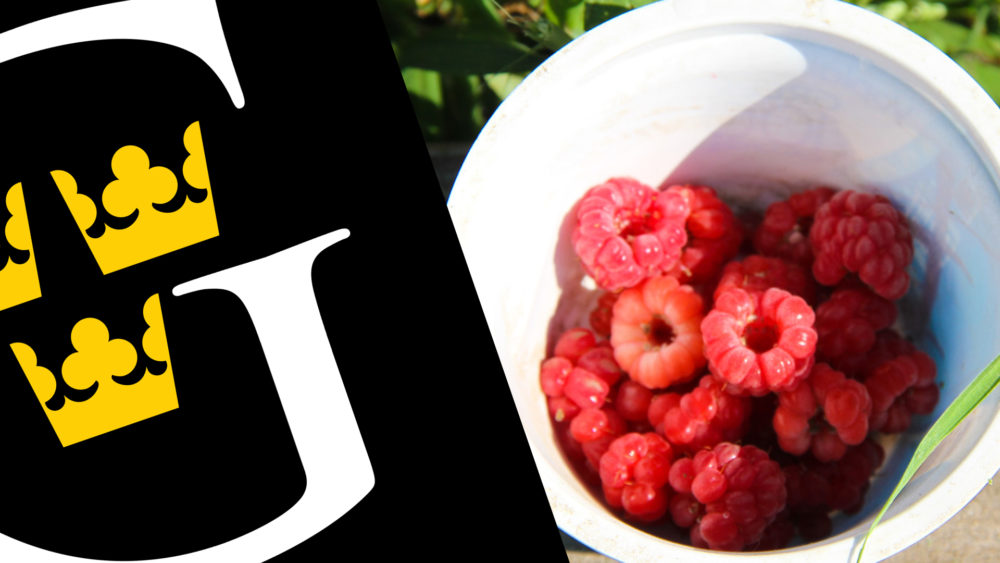
Tucked away on the northwest corner of the Gustavus Adolphus College campus, bracketed by athletic practice fields and the facilities management shop, sits the Big Hill Farm.
Founded by students in 2009, the 3/4 acre patch has grown over its decade of existence to create a campus footprint much larger than its physical boundaries would indicate. In addition to providing curricular and co-curricular sustainability experiences to students, the organic farm grows approximately 1,500 pounds of food that is used by the Gustavus Dining Service each year.
All summer, student interns work the land. They plan garden plots, plant fruits and vegetables, and harvest produce for use in the cafeteria and catering office and – new this year – for sale to the Saint Peter Community. The students also do some weeding. Lots of weeding.
“After working at Big Hill Farm for two summers, I have a much greater appreciation for the things on the farm that we don’t purposely put there, things like weeds and bugs,” senior Gender, Women, and Sexuality Studies major Andie Kukacka said with a grin.
Andie Kukacka ’19
“I’ve learned that we domesticate plants, but plants also domesticate us,” they said, explaining how vegetation responds to different cultivation techniques and that some weeds rely on humans tilling the land in order to grow. “It’s about working with weeds and bugs in a holistic manner, trying to attract the right ones instead of just trying to destroy things we think are undesirable.”
“The students who have gardened before on a small scale are learning how to plan and grow for a market,” Director of the Johnson Center for Environmental Innovation and Big Hill Farm adviser Jim Dontje said. “They learn the daily challenges of agriculture – too much rain, not enough rain, plant diseases – but they also learn about leadership and management. How do you keep going when conditions are difficult? How do you adapt when things don’t go as planned?”
“It’s an equal apprenticeship among the interns regardless of experience,” Kukacka added.
But the work doesn’t just take place in the field. This summer, Kukacka spent about two hours each day on a computer updating records, communicating with Dontje and other interns, and managing day-to-day logistics and long-term planning for the farm. They also met regularly with administrators in the Gustavus Dining Service to discuss the College cafeteria’s daily needs while also planning ahead for big events like the Nobel Conference and Christmas in Christ Chapel.
Extending the growing season beyond just the summer, interns are working with Dontje to grow microgreens, kale, lettuce, and spinach throughout the year using hydroponics and temperature-controlled soil in the Big Hill Farm greenhouse. Eventually, they hope to produce food year-round.
As the Big Hill Farm continues to spread its roots after a decade of growth, Kukacka knows that the lessons learned go beyond just soil and seeds.
“It’s difficult in our highly industrialized world to get your hands on food that been planted, grown, and prepared all in one place,” they said. “There’s a euphoria in being able to see the results of your labor and bring things into this world that benefit other people.”
###
Media Contact: Director of Media Relations and Internal Communication JJ Akin
jakin@gustavus.edu
507-933-7510
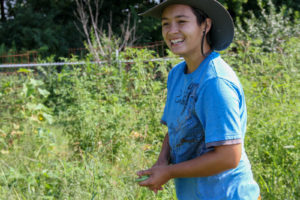
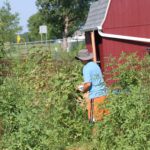
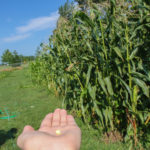
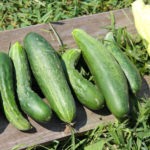
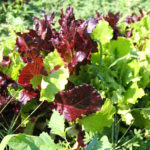
No comments:
Post a Comment